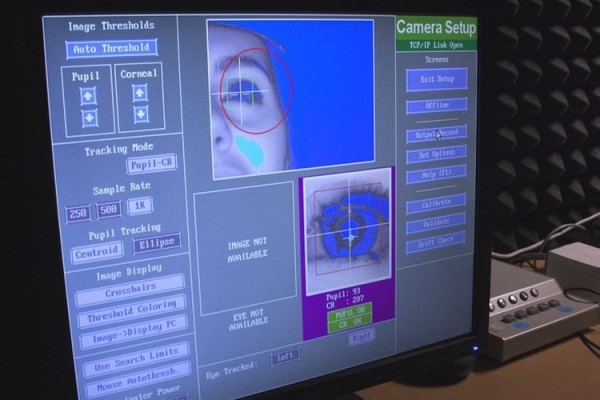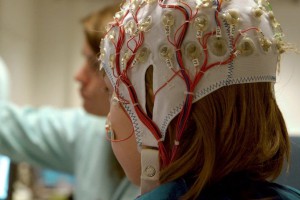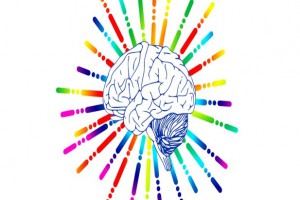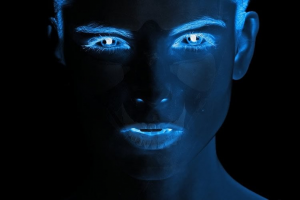Using Eye Tracking to Study Linguistics
Clara Cohen, a postdoctoral psychology researcher, is investigating linguistic patterns, particularly how English and bilingual speakers process singular and plural nouns. She uses eye-tracking technology to monitor participants' eye movements as they listen to sentences with singular or plural words. Cohen's study aims to uncover the subtleties of language processing and their potential impact on fields such as linguistics, dyslexia, and automatic speech recognition systems like Siri.
Cohen suggests that English speakers may determine noun plurality even before hearing the "s" sound due to subtle cues in word duration. In contrast, languages like Spanish rely on articles to indicate singular or plural nouns. Eye-tracking technology allows Cohen to gather real-time data on how quickly people process language.
Advances in technology have revolutionized this research, as traditional methods using yes-or-no questions provided less informative data. Cohen's upcoming study in Spain will further explore the differences in language processing among monolingual and bilingual Spanish speakers.
The results of Cohen's study could have various implications, such as improving foreign language education and enhancing automatic speech recognition systems. Furthermore, the findings may help individuals with auditory processing disorders, such as dyslexia, manage the effects of their condition by understanding the importance of durational variation in speech. Cohen's passion lies in uncovering patterns in language, demystifying the intricacies of foreign languages and their underlying principles.





Related Posts